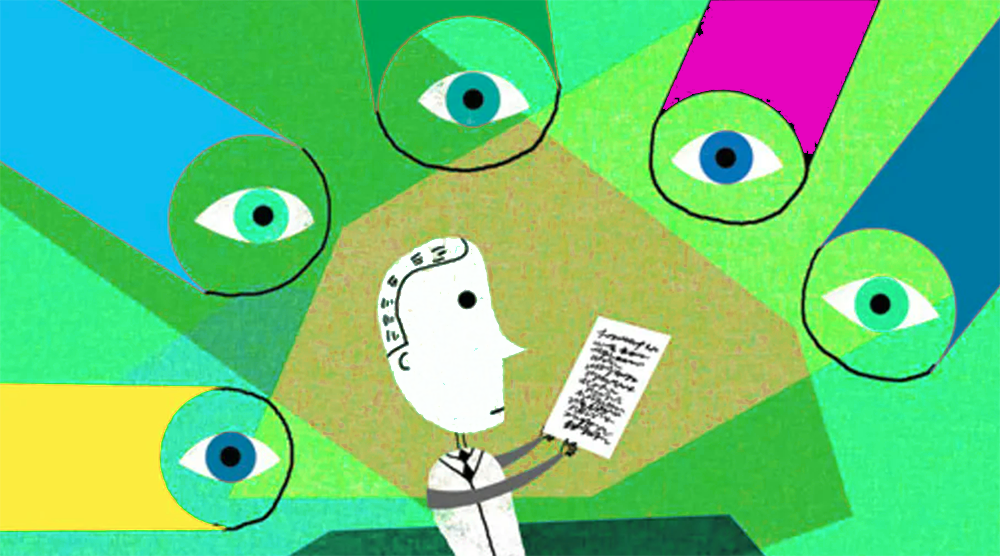Children diagnosed with auditory processing disorders (APD) experience difficulties in auditory functioning and with memory, attention, language, and reading tasks.
However, the fact that these symptoms are similar to those of children diagnosed with different developmental disorders, such as specific language impairment (SLI), dyslexia, attention-deficit hyperactivity disorder (ADHD), learning disorder (LD), or autism spectrum disorder, has resulted in continuing controversy over whether APD should be recognized as a distinct disorder.
APD, and some features of its effect in children, were first described in the medical literature almost seventy years ago.1
The continuing controversy is fueled primarily by the complexity of the central auditory nervous system and gaps in our understanding of the root cause of different presenting symptomatic deficits. For example:
- Individuals with presenting symptoms do not have deficits in hearing sensitivity.
- While comorbidities with the disorders mentioned above do occur, they are not universal or consistent. Some individuals with presenting symptoms are NOT diagnosed with other brain-based disorders that share those symptoms. Moreover, when APD DOES occurs with other disorders, the presence of APD is not consistent, even within the same comorbid disorder.
- Acquired brain lesions, like those occurring in traumatic brain injury, disease or toxic exposures, can prompt symptoms, when other disorders are not present.
For these reasons, an increasing majority of experts agree that although we haven’t uncovered a single evidence-based mechanism for APD, something is going on in the central auditory nervous system that explains the presence of symptoms, either on their own or accompanied by other disorders, and that a multi-disciplinary approach to assessment and treatment are warranted.
_____________________
1. Mykelbust HR., 1954. Auditory disorders in children: A manual for differential diagnosis. Grune & Stratton, New York: 158.


 .
.